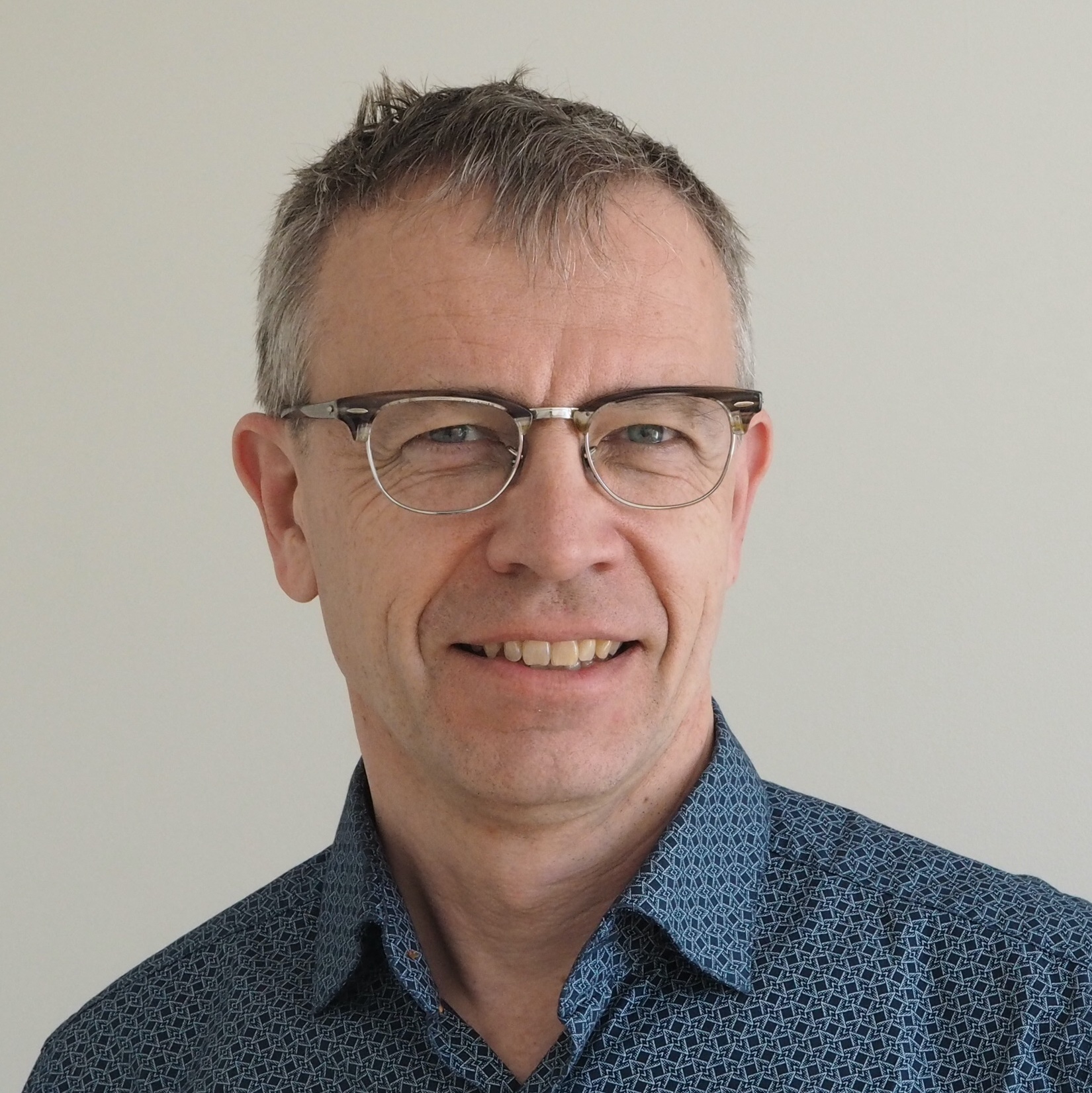
Dr. Per Runeson
Lund University, Sweden
The Design Science Paradigm as a Frame for Empirical Software Engineering
Software engineering research aims to help improve real-world practice. With the adoption of empirical software engineering research methods, the understanding of real-world needs and validation of solution proposals have evolved. However, the philosophical perspective on what constitutes theoretical knowledge and research contributions in software engineering is less discussed in the community. In this talk, we present the design science paradigm as a frame for articulating and communicating prescriptive software engineering research contributions. Design science embraces problem conceptualization, solution (or artifact) design, and validation of solution proposals, with recommendations for practice phrased as technological rules. We elaborate the constructs of design science for software engineering and provide examples of possible research methods. We outline how the assessment of research contributions, industry-academia communication and theoretical knowledge building may be supported by the design science paradigm.
Dr. Per Runeson is a professor of software engineering at Lund University, Sweden, and leader of its Software Engineering Research Group (SERG). His research interests include empirical research and collaboration with industry on software development and management methods. He is particularly interested in studies on testing, and the role of open source and open data in software engineering. He is the principal author of ”Case study research in software engineering”, has coauthored ”Experimentation in software engineering”, serves on the editorial board of IEEE Transactions on Software engineering, and Software Testing, Verification and Reliability, the advisory board of Empirical Software Engineering, and is a member of several program committees.
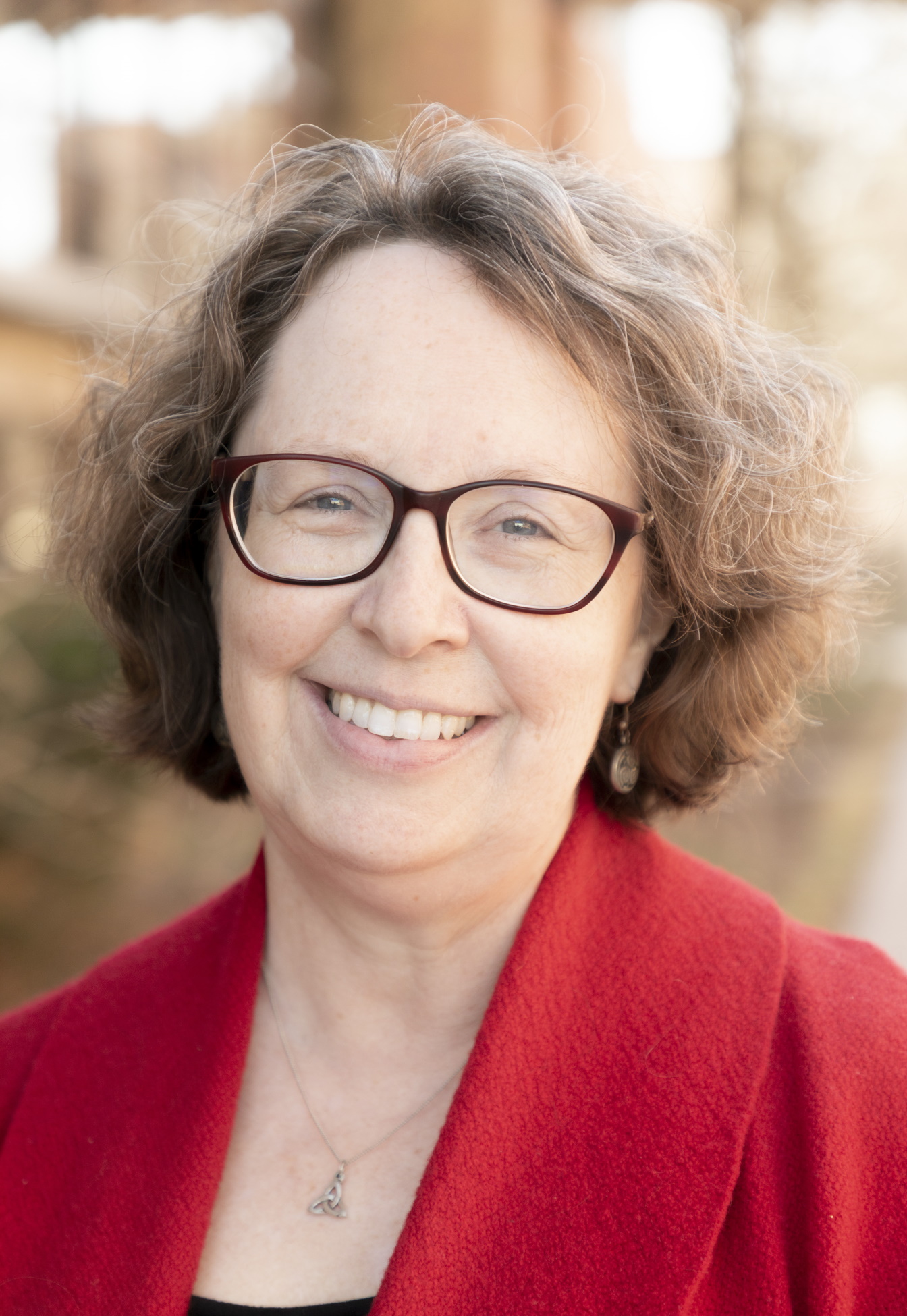
Dr. Carolyn Seaman
University of Maryland, Baltimore County, USA
What I wish I knew when...
Starting and maintaining a career in research is not easy, whether you're in academia or industry. You have to be, all at the same time, an intellect, a realist, a manager, a teacher, a writer, a big-ideas person, and a details person. Almost none of these are skills you were taught as a Ph.D. student. I started my research career in the last millennium (not a million years ago exactly, but before 2000) and I hope to share with you in this talk some of the wisdom I've gained (or wish I'd gained) in the decades since. Topics will include all the balances that have to be maintained as part of the job: between being a mentor and a colleague, between being a teacher and a student, between having a big vision and designing the next study, between humility and confidence, between work and life.
Carolyn Seaman is a Professor of Information Systems at the University of Maryland Baltimore County (UMBC). She is also the Director of the Center for Women in Technology, also at UMBC. Her research consists mainly of empirical studies of software engineering, with particular emphasis on maintenance, organizational structure, communication, measurement, and technical debt. She also investigates qualitative research methods in software engineering, as well as computing pedagogy. She holds a PhD in Computer Science from the University of Maryland, College Park, a MS from Georgia Tech, and a BA from the College of Wooster (Ohio). More can be found at https://userpages.umbc.edu/~cseaman/.
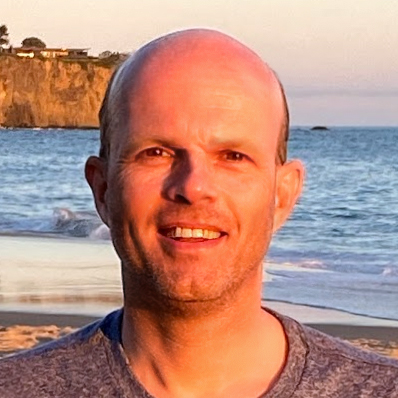
Dr. Andre van der Hoek
University of California, Irvine, USA
A Non-Designed Career on Software Design Research and Education
Academic careers can be challenging and much is said about how one should go about them. That said, every career is unique, often shaped almost by happenstance rather than by design. In this talk, I provide a tour of my career, anchored by what I consider some of the key research projects and results, but equally sharing many of the peculiar and fortunate circumstances that shaped the projects and results. I will touch upon some of the touch lessons I had to learn, some of my amazing colleagues and the role they played, and -- hopefully in the process – demystify some of what is often considered a straitjacket of how one is to be as an academic.
André van der Hoek is a Professor in the Department of Informatics at the University of California, Irvine and heads the Software Design and Collaboration Laboratory, which focuses on understanding and advancing the roles of design, collaboration, and education in software engineering. He is co-author of 'Software Design Decoded: 66 Ways How Experts Think' and co-editor of 'Studying Professional Software Design: a Human-Centric Look at Design Work', two books that detail the expert practices of professional software designers. He has authored and co-authored over 100 peer-reviewed journal and conference publications and, in 2006, was a recipient of an ACM SIGSOFT Distinguished Paper Award. He was recognized as an ACM Distinguished Scientist in 2013, and in 2009 he was a recipient of the Premier Award for Excellence in Engineering Education Courseware. He is the principal designer of the B.S. in Informatics at UC Irvine and was honored, in 2005, as UC Irvine Professor of the Year for his outstanding and innovative educational contributions. He holds a joint B.S. and M.S. degree in Business-Oriented Computer Science from Erasmus University Rotterdam, the Netherlands, and a Ph.D. degree in Computer Science from the University of Colorado at Boulder.
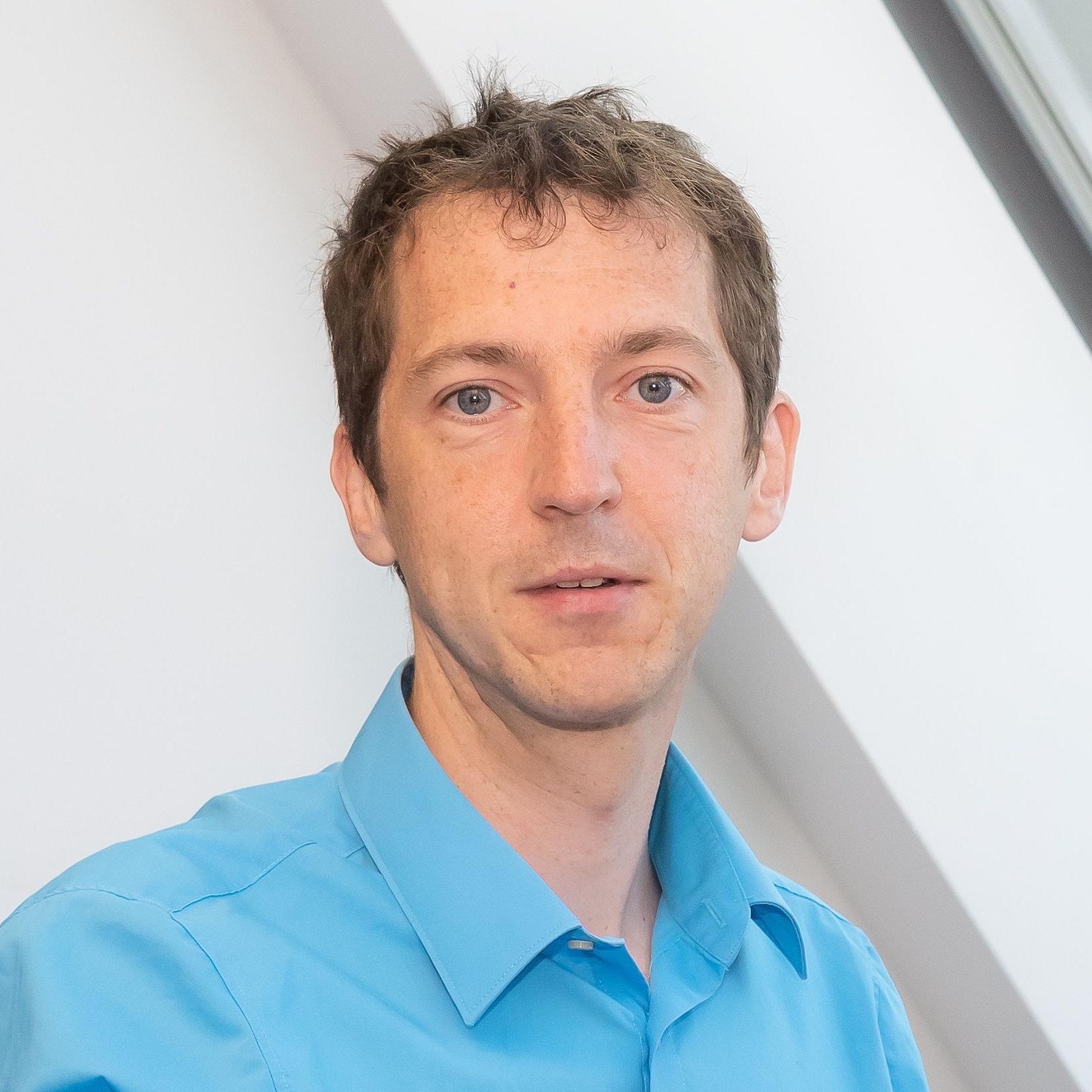 Picture Credits/attribution: Swen Reichhold
Picture Credits/attribution: Swen Reichhold Dr. Norbert Siegmund
Leipzig University, Germany
Validity in Software Engineering Research
The choice of your research method, the selection of subjects to study, and even the way how to frame the research question have a significant impact on the validity of your results and claims. In this talk, I will highlight different aspects of validity, especially internal and external validity. I demonstrate the problem of focusing on one aspect and how this might cause conflicts and false expectations among software engineering reviewers. From that I go into a more controversial discussion on the notion of novelty and impact in review guidelines and how this may hamper fundamental breakthroughs in software engineering research.
Prof. Dr. Norbert Siegmund holds the Chair of Software Systems at Leipzig University, Germany. He received his Ph.D. in Computer Science in 2012 from the University of Magdeburg with distinction. Prof. Siegmund’s research focuses on configurable software systems, optimization, sampling and machine learning, as well as empirical methods and software engineering for AI-enabled software systems. He is the author or co-author of over one sixty peer-reviewed scientific publications and serves regularly in program committees of top-ranked international conferences. His work has received one Best Paper Awards (SPLC’11), one ACM SIGSOFT Distinguished Paper Awards (ICSE’15), as well as awards by the Karin-Witte Foundation and the State of Thuringia for Open-Source development. Prof. Siegmund has further gained several teaching awards for his interactive and novel teaching concepts.
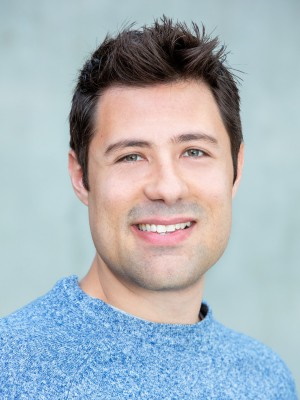
Maurício Aniche
Adyen // Universidade Tecnológica de Delft, Holanda
Software Engineering Theory in Practice: The Good, The Bad, and The Ugly (jointly with SAST 2022)
Software engineering is and will always be a craft. That being said, we are now closer than ever to make it a more science-based, evidence-based profession. To get there faster, we need a strong alignment between industry and academia. As someone that moved from industry to academia and back, I have had the opportunity to see the good, the bad and the ugly of both sides.
In this talk, I will describe, through many examples from industry and academia, where both worlds are aligned perfectly, and where they are not. I aim to explain to academics what practitioners really need from research, and to practitioners what it means to be a science-based field. Sometimes in a provocative way.
It is my hope that, after this talk, academics and practitioners will understand each other better. Because, remember: we are better together.
Dr. Maurício Aniche é Tech Academy Lead na Adyen, uma das mais importantes fintechs do planeta. Grande parte do seu trabalho é ajudar times de desenvolvimento de software a fazerem seu trabalho melhor. Maurício é também professor assistente em engenharia de software na Universidade Tecnológica de Delft, na Holanda. Maurício já escreveu 40 artigos acadêmicos e publicou diversos livros técnicos, entre eles, o 'Effective Software Testing', publicado pela Manning em 2022, e o TDD no Mundo Real, primeiro livro sobre o assunto em português brasileiro, em 2012.
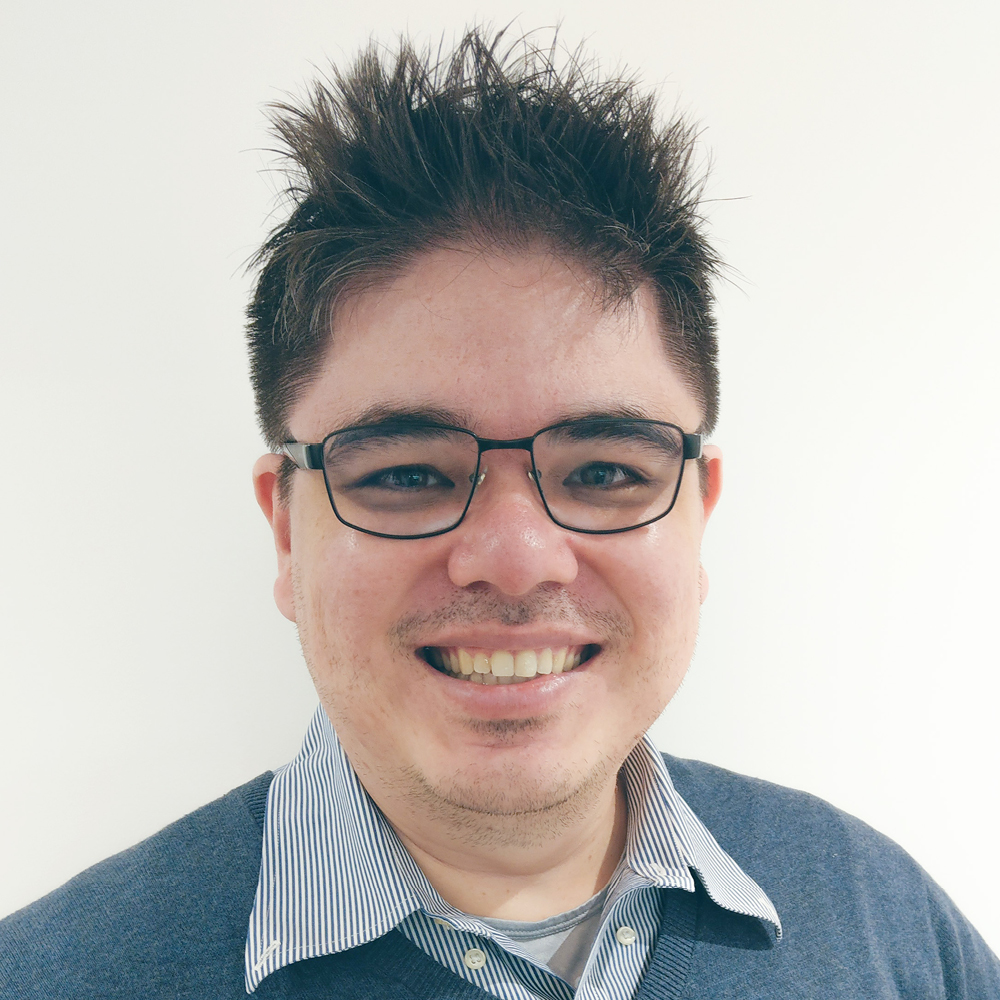
Danilo Sato
Thoughtworks UK
Entrega Contínua para Machine Learning (CD4ML)
Aplicações de AI/Machine Learning estão se tornando mais populares na indústria, porém exigem um processo mais complexo para desenvolvê-las, colocá-las em produção e implementar melhorias, comparado ao processo de entrega para aplicações web tradicionais. Entrega Contínua para Machine Learning (CD4ML) é a disciplina que traz os princípios e práticas da Entrega Contínua (CD) para aplicações de AI/Machine Learning. Nessa palestra iremos compartilhar nossas experiências na indústria implementando CD4ML em diversos clientes, introduzindo os principais componentes técnicos e explorando alguns desafios abertos que precisam ser resolvidos.
Danilo é o Diretor de Data & AI na Thoughtworks UK e Europa. Com mais de vinte anos de carreira, ele é responsável por montar times de alta performance para resolver os problemas mais complexos dos nossos clientes que envolvem arquitetura e engenharia de software, dados, infraestrutura e Machine Learning. Danilo é o autor do livro DevOps na Prática, um palestrante internacional em diversas conferências e recentemente foi reconhecido pela DataIQ UK como uma das 100 pessoas mais influentes em Data de 2022.
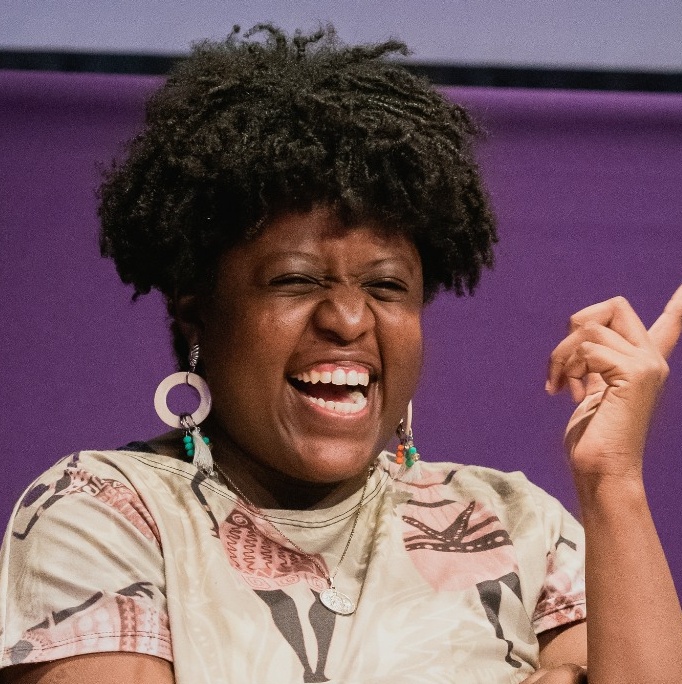
Nina da Hora
Thoughtworks
Ética em sistemas algorítmicos: Quais as lições dos últimos 5 anos
Nos últimos 5 anos, a área de ética em algoritmos se tornou indispensável para o desenvolvimento de softwares IA, mas, quando falamos de softwares sem IA ainda encontramos brechas de aproximar o debate ético das etapas de desenvolvimento sem necessariamente culpabilizar os desenvolvedores. Importante refletirmos em como estamos enviesados em limitar o desenvolvimento de softwares a grupos não diversos.
Cientista da Computação em construção pela PUCRio . Diretora executiva Instituto de Pesquisa da Hora, Colunista do MITTechReviewBrasil e Canal Futura, Membro do Conselhoo de segurança do TikTok Brasil e do conselho de transparência do TSE, Pesquisadora no projeto Cyberbrics CTS/FGV e Responsible Tech Thoughtworks.